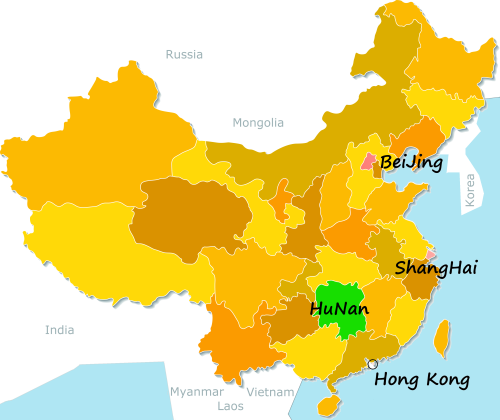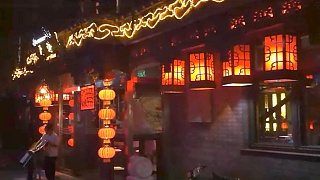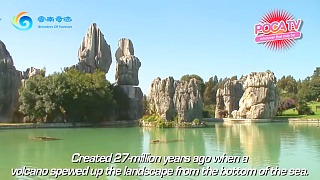
|
Each year, we up the quality. At BB, it's always about quality, not quantity. Variety, certainly, but not quantity.
Last videos of 2021 - with PopMatta ...
One needs to look out for Serpent / Laowai v.2, and not get duped; see through the disguises (devil dressed as a dove); it is for sure that they are out there ...
Geo-politics is a mine-field. Be aware of it; but don't let it dull your mind. Let love, creativity and calm be the air that you breathe.
The world is doomed to destruction; the vast majority do indeed vastly outnumber the zealots, but in the West, though the people are by and large brainwashed, for sure, most will ever be too dumb to realize it. Plus, western culture has bred a large proportion of narcissists, devoid of empathy and compassion. Extreme individualism ensures ultimate catastrophe.
Once extinction becomes possible, it becomes inevitable. The power of annihilation grows much faster than general IQ/EQ; hence the 'great silence' in the universe.
While the Earth is still here, live life to the fullest, each remaining day. The tragedy will play out over and over for eternity; don't waste much time on thinking about it.
*** All one needs to know is ...
We are all one family; but some in the West just want division, control and power - and that's not family - that's hate; 'divide and rule' (elitism / colonialism / imperialism / hegemony).
The difference between China and the West ? It is simply, and profoundly, this :
For China, the people are family.
For the West, the people are livestock.
For China, the people are family; not just Chinese, but all people.
For the West (the 'elite'), the people are merely livestock.
All the best for the year ahead, from BeiJingBuzzz.
Keep it real.
Live more ...
|

 The beautiful ZhangJiaJie 张家界 National Forest Park
The beautiful ZhangJiaJie 张家界 National Forest Park





